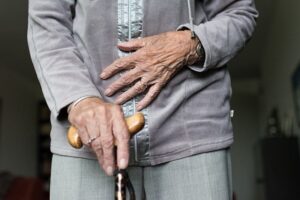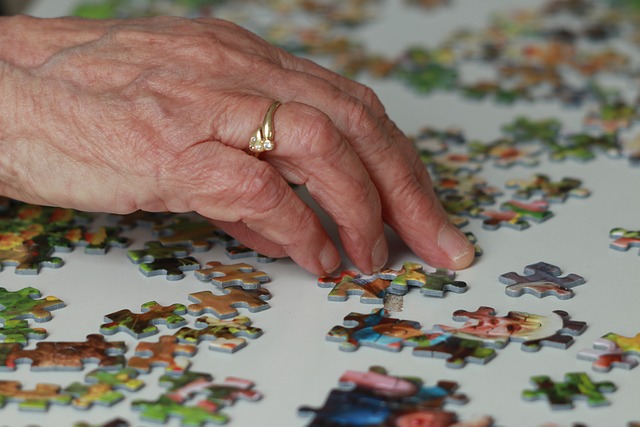Hull Royal Infirmary is launching a patient safety initiative to prevent people losing their independence after hospital stays.
Patients who spend longer than they need in hospital beds are at increased risk of falling, mental health problems, losing their independence or readmission through a physiological process known as “deconditioning”.
Now, the Falls Service is unveiling the project as part of Falls Awareness Week to identify patients most at risk of deconditioning to keep them safe, active and engaged throughout their time in hospital.
Consultant in Elderly Medicine Dr Ricky Saharia, Clinical Lead for the Falls Service, said: “Patients admitted to hospital are at risk of deconditioning and staying in hospital longer than is clinically necessary can have a detrimental effect on health.
“The impact can be felt within 24 hours of bed rest and, after one week, patients can lose up to 10 per cent of their muscle strength. Older and more frail patients are at higher risk of deconditioning.
“This can increase the risk of falls, loss of independence and longer time in hospital. Deconditioning increases the likelihood of requiring social care support on discharge and there’s a higher risk of readmission to hospital.”
 The project aligns with “Flow”, a major campaign under way at NHS Humber Health Partnership, the hospital group running Hull Royal Infirmary, Diana, Princess of Wales Hospital, Scunthorpe General Hospital, Goole and District Hospital and Castle Hill Hospital in Cottingham, to ensure people can leave hospital as soon as they are well enough.
The project aligns with “Flow”, a major campaign under way at NHS Humber Health Partnership, the hospital group running Hull Royal Infirmary, Diana, Princess of Wales Hospital, Scunthorpe General Hospital, Goole and District Hospital and Castle Hill Hospital in Cottingham, to ensure people can leave hospital as soon as they are well enough.
Maintaining activity levels and avoiding deconditioning protects independence and helps patients return home earlier, avoiding further deconditioning. Better for patients, it also improves flow for the hospital by creating capacity for sick patients coming into the Emergency Department.
From next month, people over 65 attending Hull’s Emergency Care Area will fill in a questionnaire soon after they arrive at hospital to identify those at risk of deconditioning.
Anyone attending after a fall, who has fallen in the past year or who uses a walking aid will use a dedicated section of the waiting area and will be given information about community services to help prevent future falls or hospital attendances. The questionnaire also means the Falls Service will be notified of anyone at risk of deconditioning.
Ward 120 at Hull Royal, which cares for patients with orthopaedic problems such as hip fractures, will also take part in goal-setting initiatives as the project continues throughout the summer.
Patients and their families will identify what help they may need, such as support to eat their food or walk to the bathroom, when they arrive on the ward.
With the support of their relatives, patients will also set small daily goals such as walking along the corridor and back to their bed, standing every hour or sitting in their chair for part of the morning.
“Activity Volunteers” will also be introduced on Ward 90 in the Department of Medical Elderly at Hull Royal and Ward 31 at Castle Hill Hospital for oncology patients to support patients at risk of deconditioning with activities such as gentle chair yoga or daily strengthening exercises.
Families will also be encouraged to bring day clothes and suitable footwear for patients to get them out of bed and into more normal routines.
Results from the project will be reviewed in six months with a view to extending the project to other hospitals in the group.

